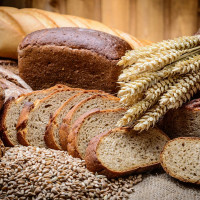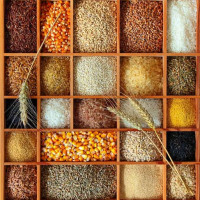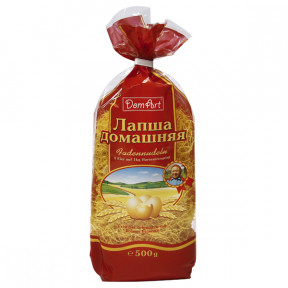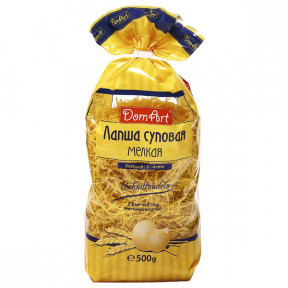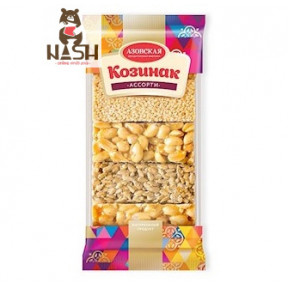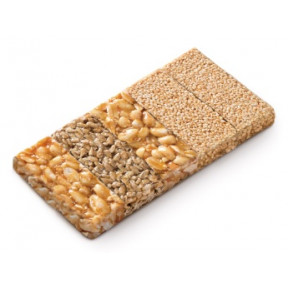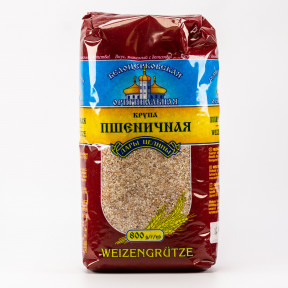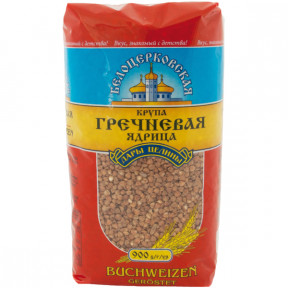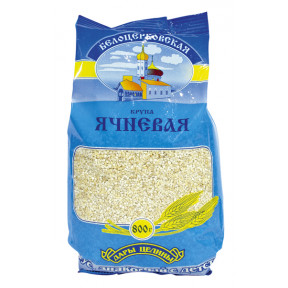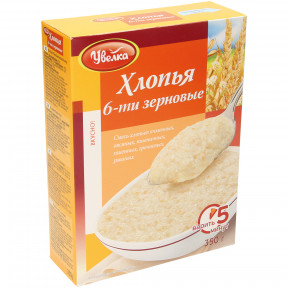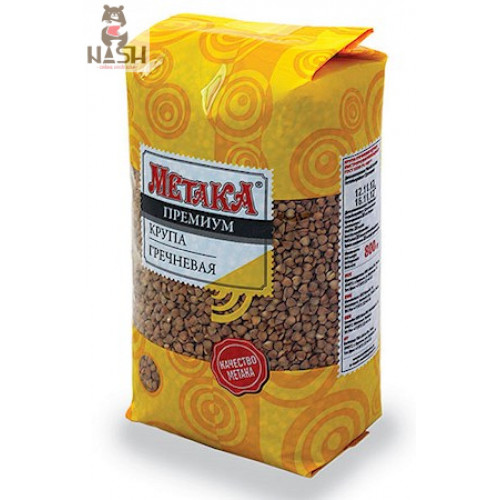
Buckwheat has long occupied an honorable place in the diets of many people due to its rich vitamin and mineral composition and beneficial properties. Buckwheat contains lysine, an essential amino acid. Its deficiency in children can limit protein synthesis and lead to weight loss.
Buckwheat contains large amounts of magnesium, manganese, phosphorus, copper and iron. All these minerals contribute to the growth and development of children.
Buckwheat also contains vitamin B7, known as biotin. It plays an important role in metabolism and helps the body break down fats, carbohydrates and proteins. Children need biotin for normal growth and development, promoting healthy skin, hair and nails. It is also involved in the processes of glucose formation and regulation of blood sugar levels.
Women, due to their physiology, are much more likely to develop iron deficiency anemia, so they need to more carefully monitor the level of iron in their blood. Buckwheat is really rich in this mineral.
Buckwheat is an excellent source of vegetable protein. 100 g of dry cereal contains 12.6 g of protein. In comparison, brown rice only contains 7.5 grams of protein. Only quinoa has more protein per 100 g.
Buckwheat contains significant amounts of fiber, which promotes digestive health and supports normal bowel function. According to statistics, men are more likely to suffer from cardiovascular diseases. Regular consumption of buckwheat can help maintain heart and blood vessel health due to its magnesium content. It helps reduce blood pressure and regulate heart rate.















